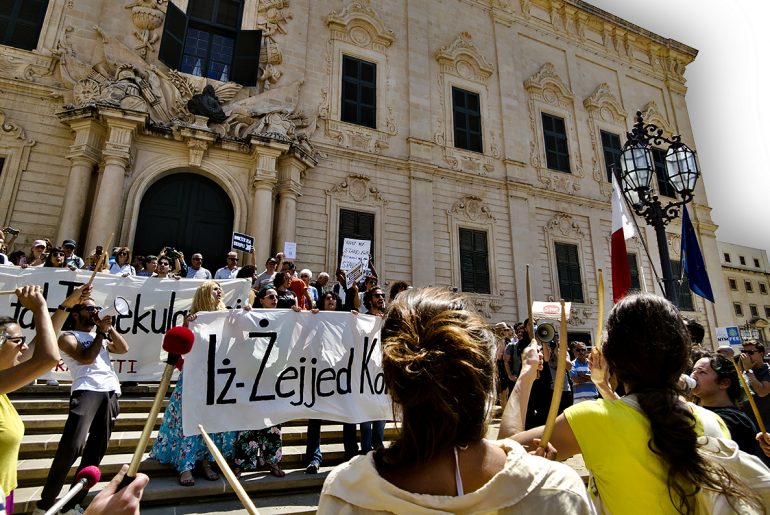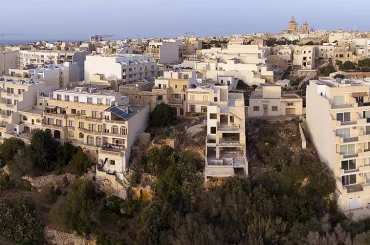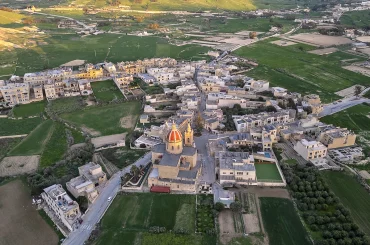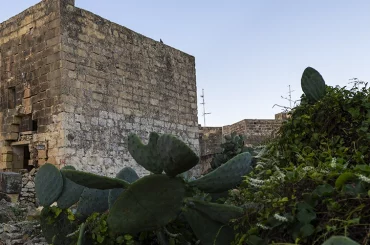There was a palpable sense of determination and jubilance at last Saturday’s protest in Valletta against rampant, destructive development. The strong attendance is also a reflection of the widespread sentiment across Maltese society that rampant development is tearing apart the nation’s environmental, social, and urban fabric. There is wide consensus on the need for planning reform, and people in government – including the prime minister – now regularly talk about it.
So far, so great. But what kind of reform is actually needed?
I have been investigating development matters for the past 3 years – I have made this one of my focus areas in journalism – and this leads me to believe that the largest problem is not the planning policies, but corruption. I am talking about two types of corruption – institutional corruption, and direct corruption.
After 2013, the incoming Labour administration wanted to make development one of the main economic generators and that entailed making the Planning Authority more permissive. The government partly achieved this by tweaking some policies, making it easier to build in the countryside and easier to have higher and more densely-stacked floors in urban areas. Yet more importantly, the government made administrative changes (among them banishing the environmental unit from the Planning Authority) as well as other subtle changes that allowed a culture of reduced rigorousness and more arbitrariness to take hold.
The result is that many of the policies that promote a context-driven approach have been sidelined while the policies on height limitation and what can be build to the full potential have been taking primacy.
This led to institutional corruption – an authority being selective with policies – and the rot spread to other entities that play a role in development permits, particularly the Superintendence of Cultural Heritage.
This dynamic has led to much haphazard, nonsensical development.
And the situation has become even more hideous due to direct corruption, including the clientelism or political patronage that underpins Malta’s political system.
It is hard to gauge the extent of one or the other – institutional corruption and direct corruption – in the rampage of development all around us.
The lack of accountability and lack of investigations makes it harder to have a proper reckoning. I can mention examples off the trot of brazenly bad assessments or decisions, either deliberately or negligently, yet no one has been investigated or held to account.
And that is why I believe that the problem is not so much a problem of planning policies than a crisis of corruption and impunity in its widest sense.
This is not to say that policies do not need changing. Some policies need tweaking or banishing, especially policies published in 2015 that, in some respects, created conflicts with preexisting policies of the Local Plans.
Yet no reform in planning policies or laws would make a sufficient impact unless the wider crisis of corruption and impunity are simultaneously tackled.
Clientelism and corruption have always existed in the planning sector, and it is not clear to me whether – and to what extent – it has gotten worse in the past decade of Labour in government. But what has certainly changed in the past decade is a culture of greater permissibility, and that has contributed to greater impunity and made the whole system more grotesque.
So what is needed, aside from reform in some planning policies, is greater accountability, and the greater empowerment of those who are good in planning matters and independent in action.
On top of that, we need a struggle against corruption in a holistic manner. That means investigations, and that means changing laws to allow investigations and potential prosecutions to take place more easily.
At the moment, for example, there is no law on collusion or abuse of power in the criminal code. The three judges who held the public inquiry into the murder of Daphne Caruana Galizia recommended such laws, but the government has ignored these recommendations. Likewise, the government has ignored entreaties to put into law a so-called unexplained wealth order.
These laws are indispensable in the fight against corruption because many times it is hard to find direct evidence of corruption – to prove that someone has taken bribes – and making abuse of power or collusion a crime would have the proverbial effect of draining the swamp in which public sector corruption breeds.
Ditto with unexplained wealth orders: it would allow the State to go after public officials who have wealth whose source cannot be explained. There is something in this regard in the anti-money laundering legislation, but a specific law on unexplained wealth order would strengthen the legal arsenal.
Donate to Planning Emergency
I have been publishing regular articles on perverse planning or damaging development. I am working on fresh investigations that will be published soon. Your support is needed to sustain this coverage that serves to reveal and rally. Contribute as little as €5 to sustain active planning journalism that makes an impact.





